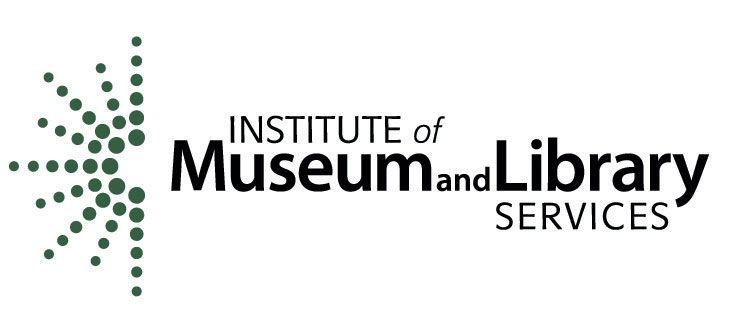Edwin Austin Abbey
American painter, illustrator, 1852–1911
In England, Abbey continued to illustrate for Harper's publications. He was friendly with many internationally known artists, including John Singer Sargent, James McNeill Whistler, and Lawrence Alma-Tadema. He traveled and researched sources intently in the interest of historical exactitude. He became a member of the Royal Academy in 1898 and of the National Academy of Design in 1902. He was chosen to paint the official record of the 1902 coronation of Edward VII. In the 1890s. In his English studio, he undertook the 11-year project of creating murals for the Boston Public Library on the theme of "The Quest for the Holy Grail." He was also commissioned to paint murals for the new state capitol in Harrisburg, PA, but, in 1911 he died before completing the project, which was finished by John Singer Sargent. Abbey is buried in the churchyard of Old St Andrew's Church in Kingsbury, London.
In 1890, Edwin married Gertrude Mead, a member of a wealthy New York family. After his death, she wrote about his work and donated a collection of his art and archives to Yale University. She also endowed scholarships to support British and American painters.
Person TypeIndividual
Terms
- artists
- male
Polish painter and draftsman, 1907–1989
American illustrator, painter, and author, 1877–1960
English painter and engraver, 1837–1888
American illustrator, 1882–1959
American painter and illustrator, 1857–1926
American painter, illustrator, and author, 1863–1938
American painter and illustrator, 1866–1924














